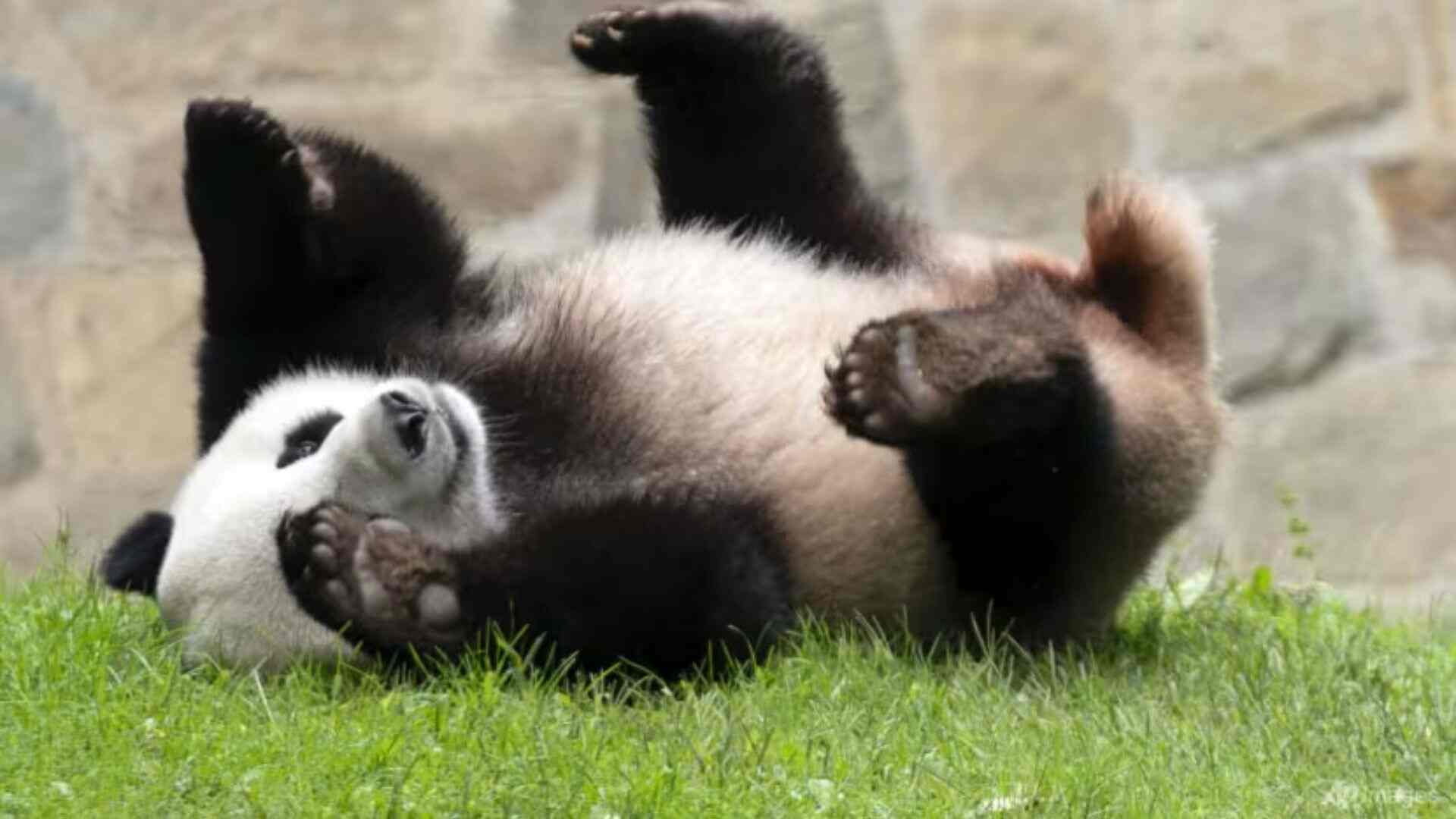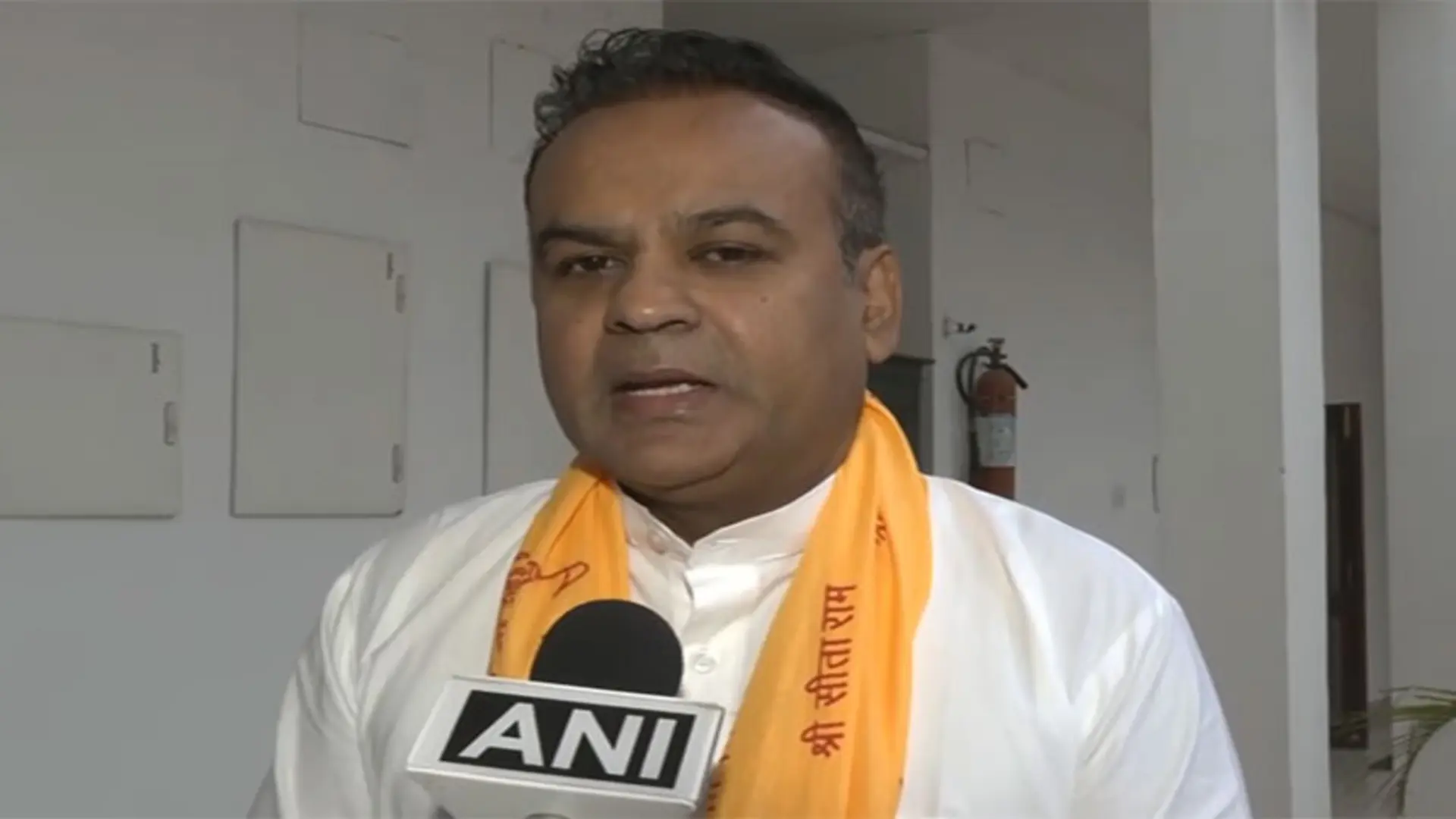Six months after Washington, D.C., said goodbye to its beloved giant pandas, the National Zoo is anticipating a fresh wave of panda excitement as it announces the arrival of two more of these iconic black-and-white bears to the capital.
The zoo revealed on Wednesday that a new deal had been reached with the Chinese government, paving the way for a pair of adult pandas to be brought from China by year’s end. The Smithsonian’s National Zoo and Conservation Biology Institute introduced the incoming duo as Bao Li and Qing Bao.
“We’re thrilled to announce the next chapter of our breeding and conservation partnership begins by welcoming two new bears, including a descendent of our beloved panda family, to Washington, D.C.,” said Brandie Smith, the zoo’s director.
“This historic moment is proof positive our collaboration with Chinese colleagues has made an irrefutable impact. Through this partnership, we have grown the panda population, advanced our shared understanding of how to care for this beloved bear and learned what’s needed to protect wild pandas and preserve native habitat.”
Giant pandas hold significant value in Washington, across the nation, and globally. The number of pandas in American zoos has declined due to the expiration of loan agreements amidst ongoing diplomatic tensions between the U.S. and China, which persist over various issues including economic relations, technology, trade, Taiwan, and even a spy balloon. Washington bid farewell to its three pandas, returning them to China last November.
Despite the absence of public assurances regarding the renewal of the loan agreement, Smith and other zoo officials maintained quiet confidence in hosting pandas again. During the pandas’ absence, the zoo initiated renovations of the popular panda house in anticipation of their return.
Two weeks ago, the Chinese Embassy in Washington organized an event for a video series highlighting friendship between people in China and the U.S., where Smith delivered an emotional speech reflecting on her experiences with giant pandas.
For over fifty years, the institute has established and upheld one of the most prominent giant panda conservation initiatives globally, contributing to the transition of the panda’s status from “endangered” to “vulnerable” on the global list of endangered species.
Chinese President Xi Jinping indicated during a late 2023 visit that China would be dispatching new pandas to the United States, referring to them as “envoys of friendship between the Chinese and American peoples.”
“We are ready to continue our cooperation with the United States on panda conservation, and do our best to meet the wishes of the Californians so as to deepen the friendly ties between our two peoples,” Xi said during a speech with business leaders while he was attending a summit of Indo-Pacific leaders and meeting with President Joe Biden.
Zoo Atlanta officials stated earlier this month that they are preparing to return panda parents Lun Lun and Yang Yang, along with their American-born twins Ya Lun and Xi Lun. Although no specific date for the transfer has been set, it is anticipated to occur between October and December.
There is a possibility that another new panda pair may arrive in the United States before the departure of the Atlanta bears. The San Diego Zoo announced last month that staff members had recently traveled to China to meet pandas Yun Chuan and Xin Bao, who could potentially arrive in California as early as this summer. Additionally, a separate agreement was announced to send a breeding pair of pandas to San Francisco.
Pandas have long served as a symbol of the friendship between the United States and China, beginning when Beijing gifted a pair to the National Zoo in 1972, prior to the normalization of bilateral relations. Subsequently, Beijing loaned pandas to other U.S. zoos, with the proceeds benefiting panda conservation programs.
As U.S.-China relations soured in recent years, members of the Chinese public began to call for the return of giant pandas. Unverified allegations of mistreatment of the pandas, considered China’s “national treasure,” circulated on Chinese social media platforms.
The National Zoo announced that the pandas coming to Washington are:
— Bao Li, a 2-year-old male whose name translates to “treasure” and “energetic.” He was born on August 4, 2021, at the China Conservation and Research Center for the Giant Panda in Sichuan, to father An An and mother Bao Bao. The zoo mentioned that Bao Li’s mother was born at the zoo in 2013, and his grandparents Tian Tian and Mei Xiang resided at the zoo from 2000 to 2023. It was Mei Xiang and Tian Tian, along with their cub Xiao Qi Ji, who departed from the zoo in November.
— Qing Bao, a 2-year-old female whose name translates to “green” and “treasure.” She was born on September 12, 2021.
Smith, the zoo’s director, said “this historic moment is proof positive our collaboration with Chinese colleagues has made an irrefutable impact.”
“Through this partnership,” Smith said in a statement, “we have grown the panda population, advanced our shared understanding of how to care for this beloved bear and learned what’s needed to protect wild pandas and preserve native habitat.”
The zoo stated that upon their arrival, the new pandas will undergo a minimum 30-day quarantine period in the panda house. The date for their public debut will be announced once their care team determines they are prepared.
As per the announcement, a research and breeding agreement with China is in effect until April 2034. Similar to previous agreements, any cubs born at the zoo will be relocated to China by the age of 4. Additionally, the zoo will pay a $1 million annual fee to the China Wildlife Conservation Association to aid research and conservation efforts in China.














